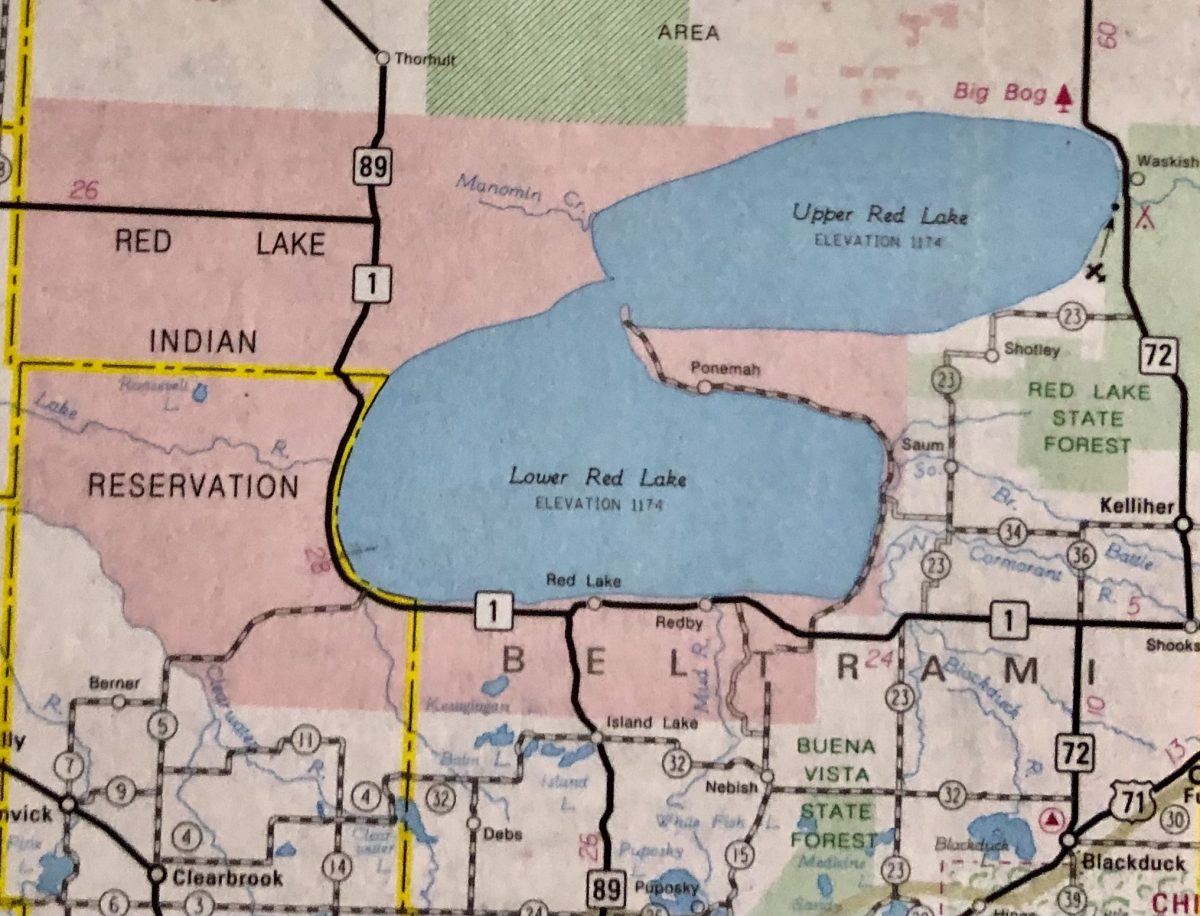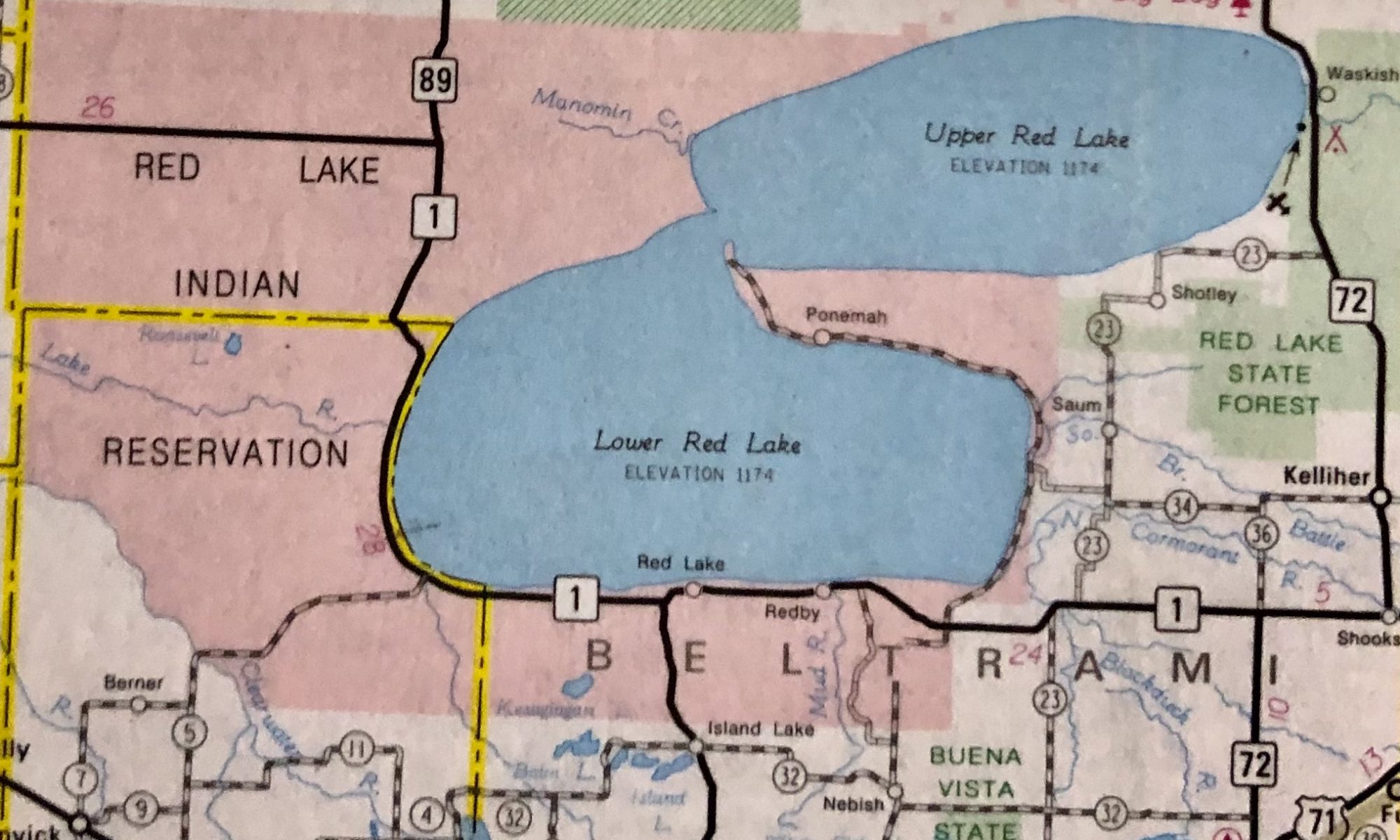
The Farmer’s Dream
Today, I’m going to tell you a story about a humble farmer. He had a dream. Some people would say it wasn’t much of a dream, but to him it was all he wanted in life and it made him happy.
He was born in 1910. His parents came from the “old country,” as they used to say . . . Czechoslovakia. His father had been a member of the highest class, the landowning class. His father’s name was Vaclav, which in English, translates to John.
The family hired a peasant girl to come and clean for them. She was a pretty young girl named Marie. Before long, Vaclav fell in love with Marie. That was a “no no.” But love is one of those things that often we have no control over, and love her, he did.
This love affair spelled trouble for Vaclav. The landowning class was not supposed to marry below their station in life. When the flame of love refused to die and they decided to get married, the family disinherited Vaclav, which meant he would lose his inheritance, and specifically his land.
In the next few years Marie gave birth to two children, Antonia and Frank. What were they to do, now? No land. No future.
So, Vaclav and Marie and their two children got on a ship for America. The ship entered the country via the Great Lakes and docked in Chicago. From there, they made their way into Wisconsin and rented a house in Branch. Then one day Vaclav saw an ad in the local paper. The government was giving away land on the north shore of Upper Red Lake in Minnesota. All one had to do was get there. So, Vaclav, Marie, and the two children, Antonia and Frank, packed up their belongings and headed for the North Shore of Red Lake.
The mosquitos in northern Minnesota come by the clouds. It is said that a cloud might latch onto you and carry you away. When they arrived on the lakeshore, they were forced to sleep under mosquito nets until Vaclav was able to build a little cabin they called the Bouda.
Two more children came along, Agnes and Marie. Then after a few years, two boys came, first Jim and then Henry, two years apart.
It was here in this humble setting on the lakeshore that my Dad, Jim was born, and here he grew up on the small farm carved from the wooded lakeshore. By this time, there were a few head of cattle, a team of horses, and of course . . . chickens!
In the summer, Vaclav cut the hay with a hand scythe. Then the whole family went to work to shock the hay with pitchforks, and finally the shocks were made into a large haystack. In the cold winter months, when the cows needed hay, Vaclav would hitch the team of horses to a sort of sled and go out to the haystack with a pitchfork, to load the small sled and bring it back to the barn.
The little farm could not provide enough food for six growing children, so the wild was called upon to help. Of course, there was an ample supply of walleyes from the lake, that they were able to harvest in nets. But my Dad told me that a regular guest to the dinner table, was wild rabbit snared in the vast forest surrounding the farm.
“We ate a lot of rabbit,” Dad said.
“What else did you eat, Dad,” I would ask?
“Garlic on rye bread,” was his simple reply.
Garlic! Yuk!
Well, to me it was “Yuk,” but this Czech staple may have been one of the reasons Dad lived to be 92. Garlic is very good for you, I am told.
As for the rye bread . . . well, Mom made rye bread using Grandma’s recipe, the same one that made the rye bread Dad ate. Now, I’m telling you . . . that rye bread was out of this world!
Eventually, my Dad, the Czech, married my Mother, the Swede and Dad purchased a 200 acre farm two miles north of Waskish. It was a very hard life, plenty of hard work year around, trying to scratch out a living with a dozen milk cows.
First my sister was born, then two years later, my brother and seven years after that I was born. We lived in a simple three-room house, all five of us sleeping in the one bedroom. In the winter, the whole house was heated by a barrel stove situated in the corner of the living room. When the fire went out at night, sometimes the water pail in the kitchen froze over.
Dad loved to farm. He wouldn’t think of anything else to do as his life’s work. He seemed to like all of it. Many years later, after all of us kids had left home, I would return to visit. Dad would go out to the barn to “check on the cows,” which he did a lot. Then he wouldn’t come back. Mother would fret and stew until I would offer to go out and check on him.
I would find him leaning against the fence, just gazing at his herd of cows spread out behind the barn. The work was done, but he was not ready to go back to the house. He loved to be out in the barnyard with the cows.
The sizable farm (which would be a very small farm, now) didn’t provide enough income for the family and right from the beginning Dad would take outside work to keep things going. These odd jobs were usually with the Forestry, now the DNR, and they ranged from brushing out ditches with an axe to planting young trees with a heavy planting bar. All winter long, Dad would cut pulpwood for the paper mills. When my brother and I were old enough, we were obliged to work with him in the woods on Saturdays.
Eventually, Dad took a permanent job with the DNR six months out of the year as a Forest Guard. The six months were the summer months, which was exactly wrong for farming. So, most of my growing up years, I watched Dad “dashing around,” as he would say, to do his day job and keep up with the farm work. On some days, after school, Dad’s car would come down the driveway in an awful rush, kicking up dust as if he was on a racetrack. He would fly into the house, wolf down some bread and jam with coffee and rush out to the bailor. He had to get the hay bailed before the sun went down, you see.
Most of Dad’s fences were a joke, because he never seemed to have time to build good ones. So, during the summer, the cows got out, it seemed nearly every day. This drove Mother up a wall, especially if they came into the yard and left deep cow tracks in the lawn.
Then, finally the day came when Dad retired from the DNR. Wow! What a day that was!
Life would now change dramatically.
I remember distinctly one day, just after his retirement, when I ran into Dad on the ditch grade in front of the barn.
“What are you going to do now, Dad? I asked.
“I’m going to farm,” he said with a tremendous amount of satisfaction and contentment in his voice. It wasn’t until that moment that I realized who Dad was, really. Every bone in his body was a farmer!
A farmer is a farmer is a farmer. It is said that old farmers never die. They just fade away. Dad was a farmer through and through. It was all he ever wanted to do in life . . . and he loved it!
Do dreams have to be large and grandiose, bordering on the impossible?
No, a dream can be simple.
Dad’s dream was “I want to farm,” plain and simple.
In actuality, Dad didn’t get his dream until retirement, because up until that time he probably hadn’t really enjoyed farming like he wanted to, because he was usually very tired, burning the candle at both ends.
So, Dad really got his dream the day he retired from the DNR, because then he could do nothing but farm, what he always wanted to do.
Well, Dad lived his dream for 30 years and he loved it.
Realizing that when he retired from the DNR, he didn’t really retire, because he kept farming full time, I asked him one day, “Dad, are you ever going to retire?”
“Yeah, what am I going to do then,” he retorted disgustedly, “sit in a chair?”
Dad continued to farm because he enjoyed it. Farming was what he always wanted to do. The summer of his 91st year, Dad cut all the hay with his old swather, and thoroughly enjoyed it.
You might say that he died farming. One Sunday afternoon in May of his 92nd year, he went out to check on a fence and didn’t come back. My brother-in-law found him by the gate of one of his fences. Dad had had a stroke. He was lying on the lush green grass and his head was pillowed on one of those round mounds of grass you see raised up in the pasture, almost like a pillow. It was as if God was looking after him and made sure his head landed on a soft, green pillow of grass.
Dad lived another week. Although he had lost his speech from the stroke, it was obvious his mind was sharp and intact. All of his ten grandchildren came that week, sat with their Grandpa and held his hand as they talked to him. His hard weathered hand still had a grip like steel and he squeezed each grandchild’s hand in response to their conversation.
After a week’s time, Lawrence Welk was playing on television and the singers sang one of Dad’s most favorite songs, Softly and Tenderly Jesus is Calling . . . and with a mighty gasp, Dad went home to be with the Lord.
Dad was a simple man, but at the same time very wise and loving. He was my biggest hero in life, because he was strong and supportive, and he refused to let any challenge in life defeat him. Dad won all of his battles.
Most of all, he followed his dream. Although he struggled most of his life to get there, he enjoyed 30 full years of unencumbered farming, and he died happy and fulfilled.
Dreams don’t have to be large, grandiose, and unattainable. A relatively simple dream can make your life happy, rich and full. The important thing is that you should be true to your dream. Pursue it, embrace it, and with all of your might, try to catch it.
We are designed by our Creator to dream . . . so dream!
Whatever you do, work at it with your whole being . . .
Colossians 3:23 (Berean Study Bible)
Photo taken by Lorraine
If you have been blessed by this article we ask that you make a contribution today.
All contributions are tax deductible
